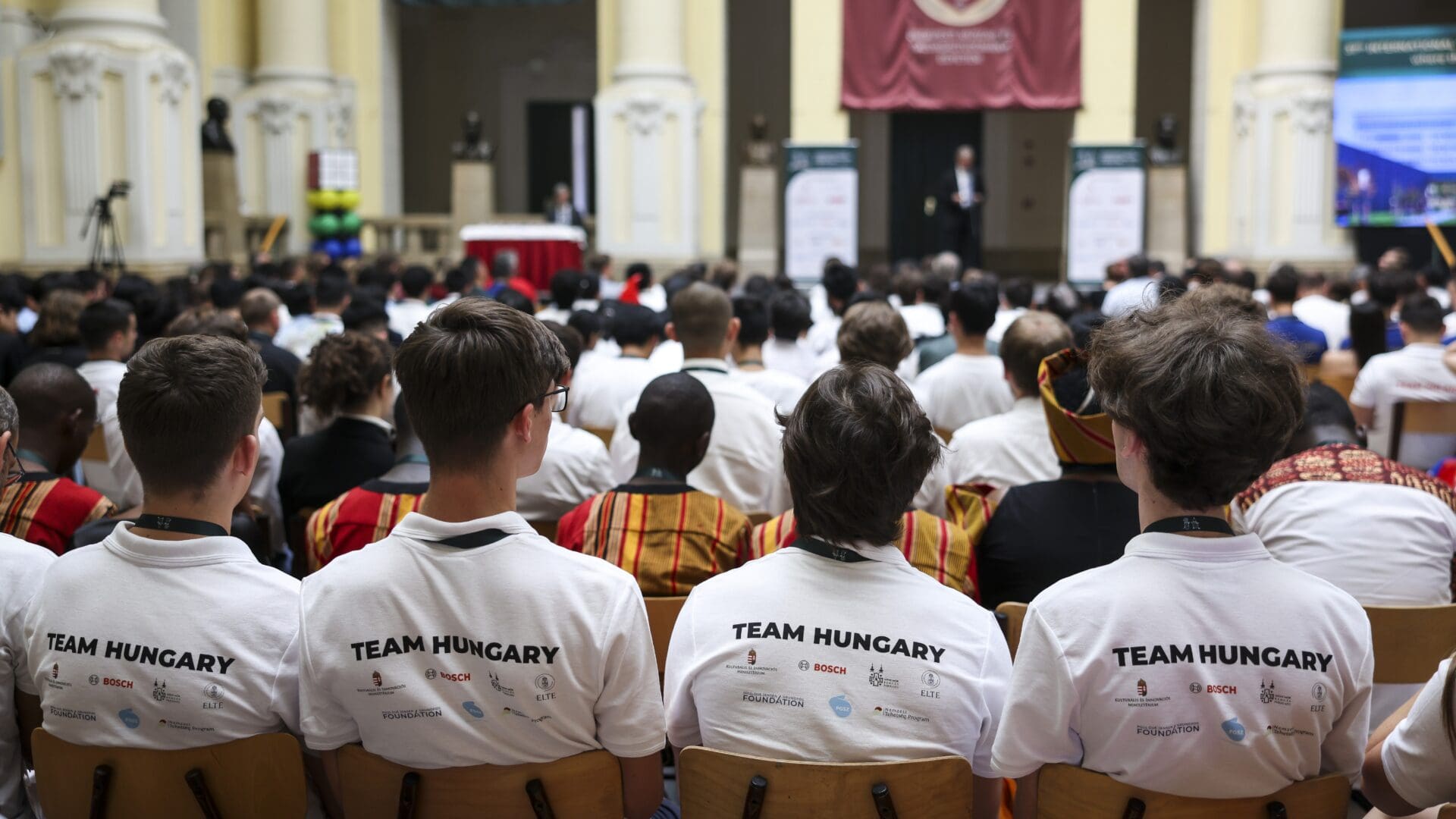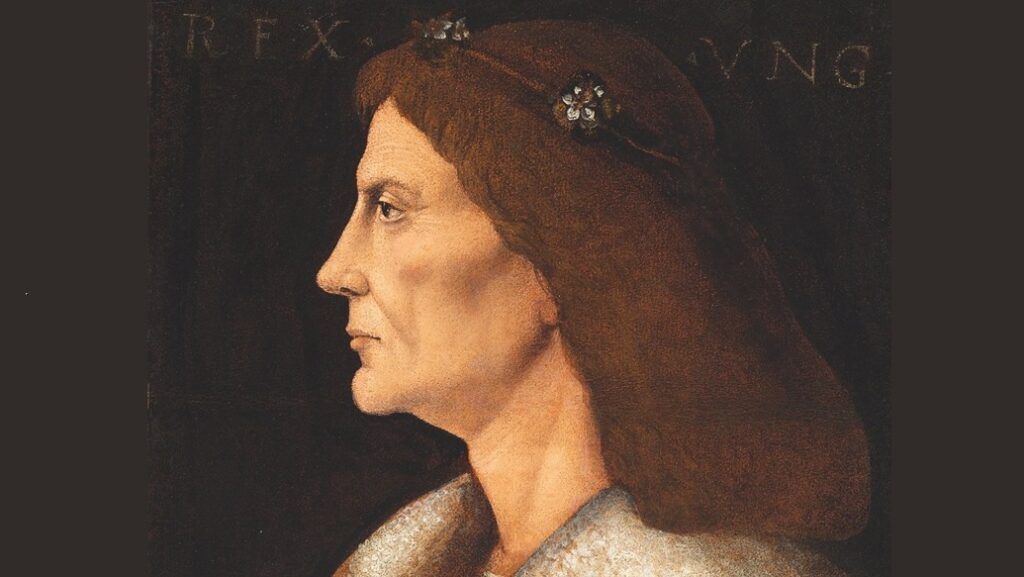Hungary believes that the success of its youth is a national success, which is why supporting talented young people is of paramount importance to the government, Veronika Varga-Bajusz, the State Secretary for Higher Education, Vocational Training, and Youth at the Ministry of Culture and Innovation stated on Thursday in Budapest.
Speaking at the opening event of the International Young Physicists’ Tournament (IYPT) for secondary school students at the Budapest University of Technology and Economics (BME), Varga-Bajusz highlighted that
Budapest has always been a hub of science, creativity, and innovation.
She emphasized that this competition will showcase these qualities to the world. Hungary ranks 11th globally in Nobel laureates per million inhabitants, she noted, recalling that researcher-physicist Ferenc Krausz, one of the event’s guests, received the Nobel Prize last year in recognition of his work.
The state secretary detailed that the government’s important priorities are embodied in the competition, as over the past 15 years, more than 37 billion forints have been allocated to support young talents and the projects, teachers, and supporters aiding them through the National Talent Programme. She highlighted that young people can use the international experience and knowledge they gain to benefit their careers and their country. This belief led to the launch of the three-pillar Pannonia Programme, which aims to promote connectivity among nations rather than division. Through university networks, the programme assists students in undertaking partial studies at leading global universities. Talented students are offered the opportunity to study at one of the world’s top 250 universities, and a recently announced component supports 17 to 24-year-olds in studying at one of the top 100 universities worldwide, she reported. Varga-Bajusz identified the unique aspect of the global competition as its ability to measure not only theoretical knowledge but also creativity, problem-solving skills, and teamwork capabilities.
Rector of BME Charaf Hassan emphasized the university’s support for the initiative, as physics education has traditionally been a central focus of the institution. He reminded that BME ranks 12th in the region according to the latest European QS ranking and is the best in Hungary in two indicators. Four former BME students have received Nobel Prizes, including physicists Dénes Gábor and Ferenc Krausz. Hassan expressed BME’s pride in hosting the event, given its numerous physics-related programmes and intensive research activities that shape today’s world. He mentioned that their research in nanotechnology, quantum technology, artificial intelligence, nuclear energy, and optics is at the forefront.
András Kemler, head of facilities management at the Bosch Group, which supports the competition, stressed the importance of young talent, noting that the future scientists and experts who drive innovation will come from this pool. ‘At Bosch, we believe in young people and support high school students with numerous programmes,’ Kemler pointed out.
According to a BME statement, the English-language competition, which runs until next Wednesday, is the most prestigious international physics team research competition for secondary school students. This year’s event is the largest ever,
with over 350 participants from 39 countries.
Participants must find solutions to various open-ended research problems during their preparation, and the competition, for which students prepare for a year, inspires both physics education and research while fostering the development of the future international scientific community.
Master lecturer at the Faculty of Science of Eötvös Loránd University (ELTE) Mihály Hömöstrei said, ‘The Hungarian team is prepared annually by the staff and students of the ELTE Institute of Physics and Astronomy. The national team won a gold medal in 2017, silver medals in 2021, 2022, and 2023, and bronze medals in 2018 and 2019 in the international competition.’
Guests at the event will include Nobel Prize-winning physicist Ferenc Krausz, Széchenyi Prize-winning physicist László Kiss, and inventor of the Rubik’s Cube Ernő Rubik.
Related articles:








